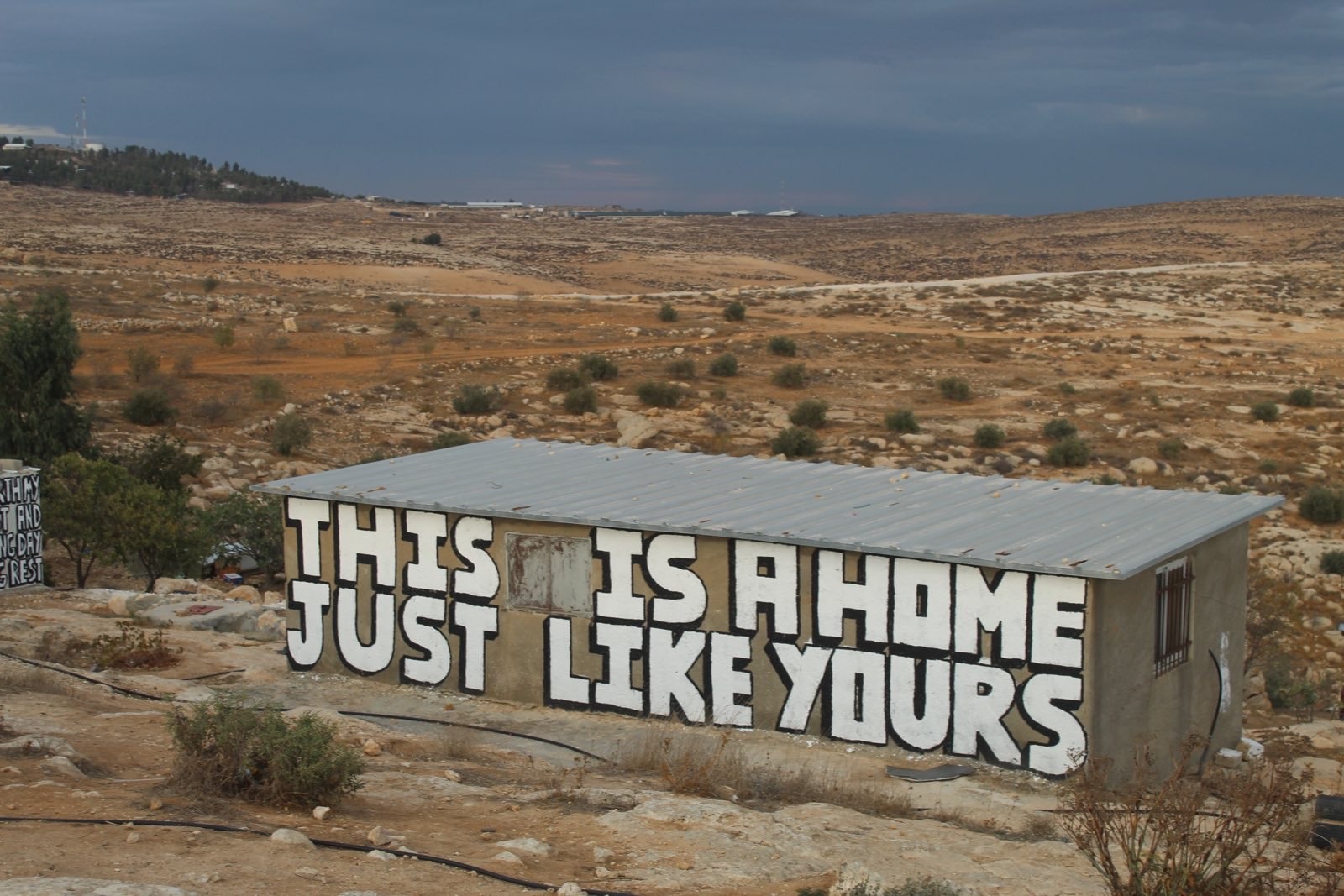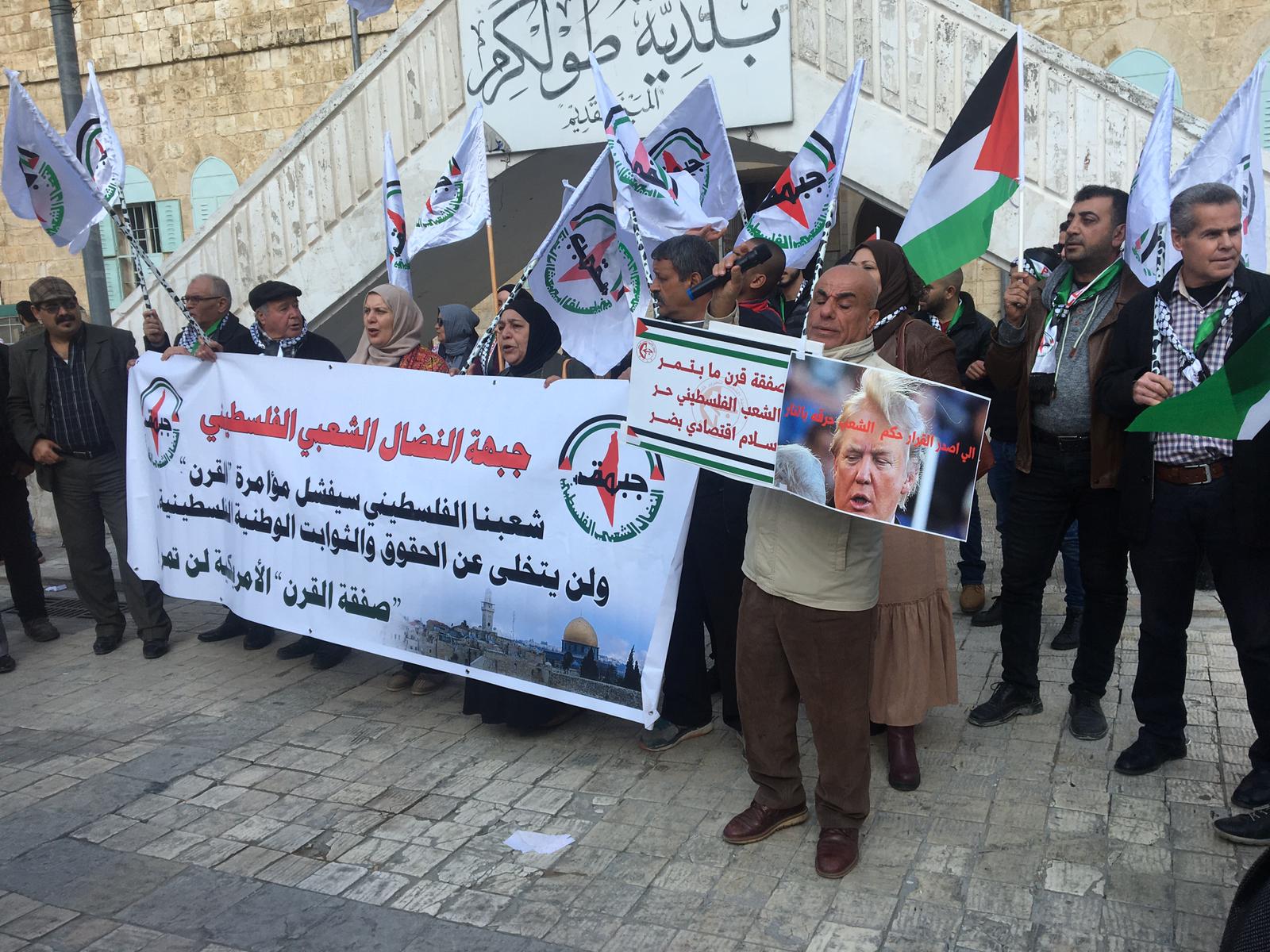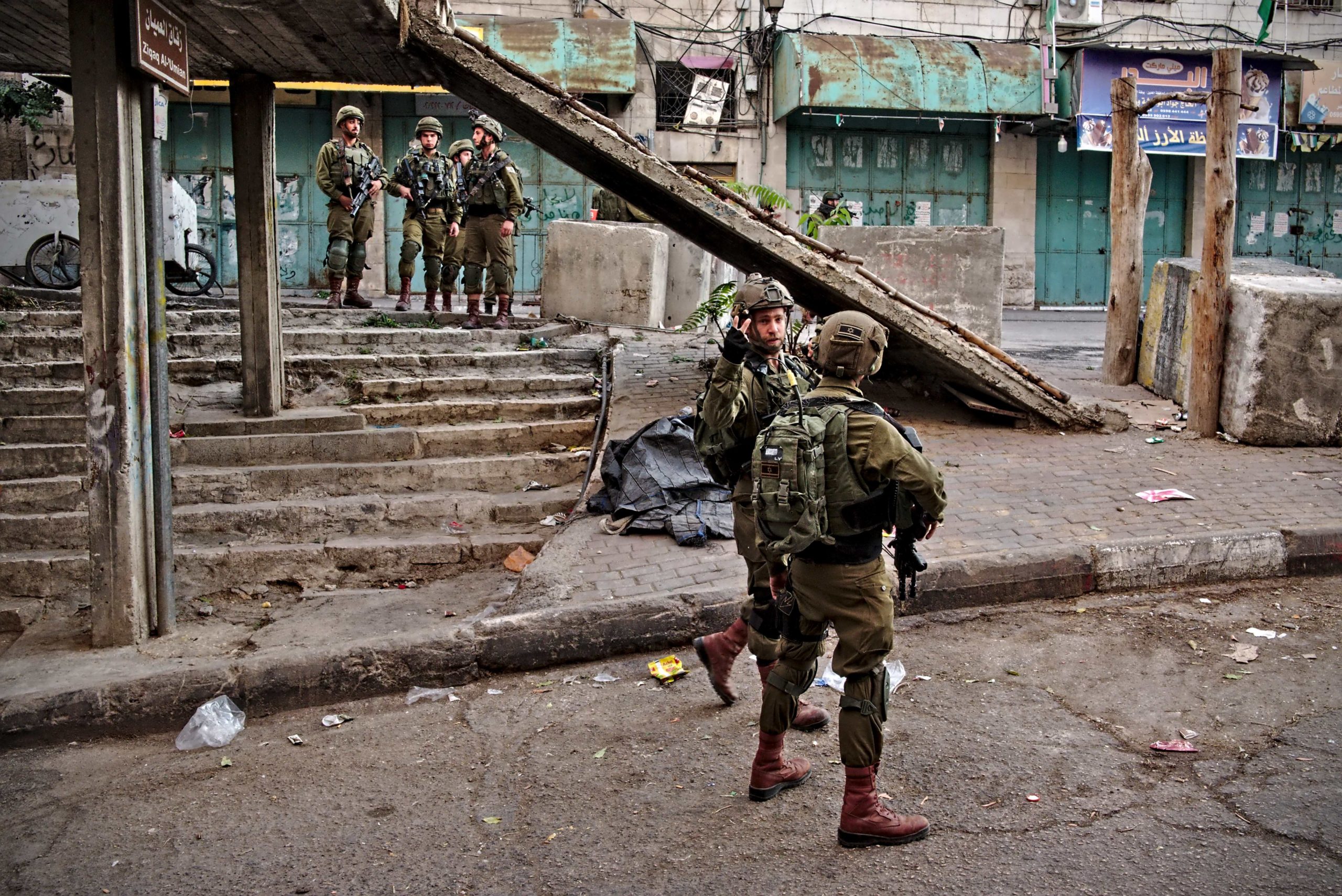Category: Hebron
-
Families Not Firing Zones: Defiance in Masafer Yatta
16 October | International Solidarity Movement | Masafer Yatta For the last 42 years the Israeli occupation forces have been slowly but surely grinding the region of Masafer Yatta into dust. Now, in 2022, the various injunctions, petitions, hearings and a halfhearted international condemnation have amounted to nothing. The Israeli army has again…
-
Urgent Call out for Volunteers – Palestinians reject the ‘deal of the century’
At a time of heightened aggression against Palestinians by Israeli occupation forces suppressing “Deal of the Century” protests across the West Bank the International Solidarity Movement is issuing an urgent call out for volunteers. What is the ‘Deal of the Century?’ On 28 January 2020 Donald Trump and Benjamin Netanyahu announced their annexation plan…
-
About the legitimisation of the Palestinian oppression in Al Khalil (Hebron)
Personal reflections of a ISM activist about the settlers’ violence and its related impunity in Al Khalil, West Bank. To which extent these people are allowed by the Israeli soldiers to transform a Palestinian city into their own amusement-park?



